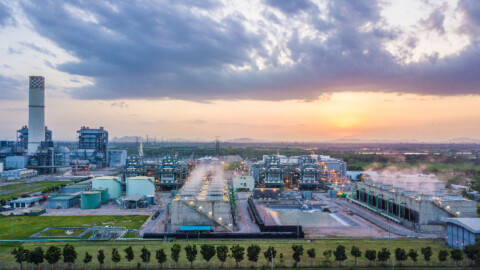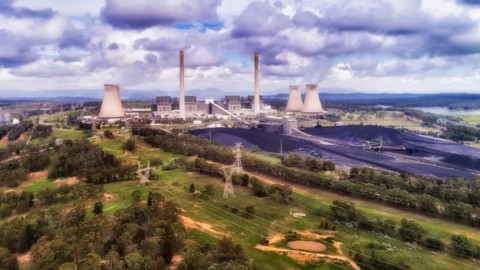The Australian Government has awarded the tender to conduct a pre-feasibility study on the West-East Gas Pipeline.
ACIL Allen, in conjunction with GHD, will complete the pre-feasibility study which is due to be presented in March 2018.
Announced in the 2017 Budget, the West-East Gas Pipeline pre-feasibility study is the first Commonwealth investigation of the potential for constructing a gas pipeline from Western Australia to link up to the east coast gas market.
The findings from the study may inform a full feasibility study to test the viability of constructing a natural gas pipeline to provide additional gas supplies and increase competition in the east coast gas market.
ACIL Allen will be involved in the market and analysis component of the study, while GHD will take on the pipeline engineering and pipeline route assessment component.
Together, the parties have deep and wide ranging experience in gas markets and infrastructure, and demonstrated through their bid the ability to deliver excellent analysis to inform future infrastructure decisions.
ACIL Allen is a leader in energy policy, market trends and project economics in Australia. GHD provide detailed technical advice in the fields of engineering, architecture and environmental modelling.
The Australian government said the plan will deliver an affordable, reliable and responsible energy system which will also help meet Australia’s international obligation.
APPEA has welcomed the announcement.
APPEA Chief Executive, Dr Malcolm Roberts, said the gas industry supported rigorous cost-benefit studies for new pipeline infrastructure.
“Provided the business case stacks up, APPEA welcomes more interconnection and further steps towards a larger, more integrated national market,” Dr Roberts said.
“But is must be acknowledged that west coast gas is likely to be an expensive solution to east coast supply concerns.
“The reality is local gas will always be cheaper gas.
“The Australian Consumer and Competition Council (ACCC) recently advised that customers in Victoria and New South Wales were already paying a 25 per cent premium for importing gas south from Queensland.
“Transportation charges alone would mean gas travelling across the continent would carry an even greater premium.”
Dr Roberts said developing local gas supply was the logical solution to supply concerns in the eastern Australian market.
“Victoria and NSW cannot continue to rely on other states to solve their gas supply issues. These states have abundant local onshore resources but would rather import gas from other states or, incredibly, from overseas,” Dr Roberts said.
“It’s time the Victorian and NSW Governments recognised that the cheapest gas available to homes and businesses in their states is the gas they are standing on. They need to get on and develop it.”

















Comments are closed.